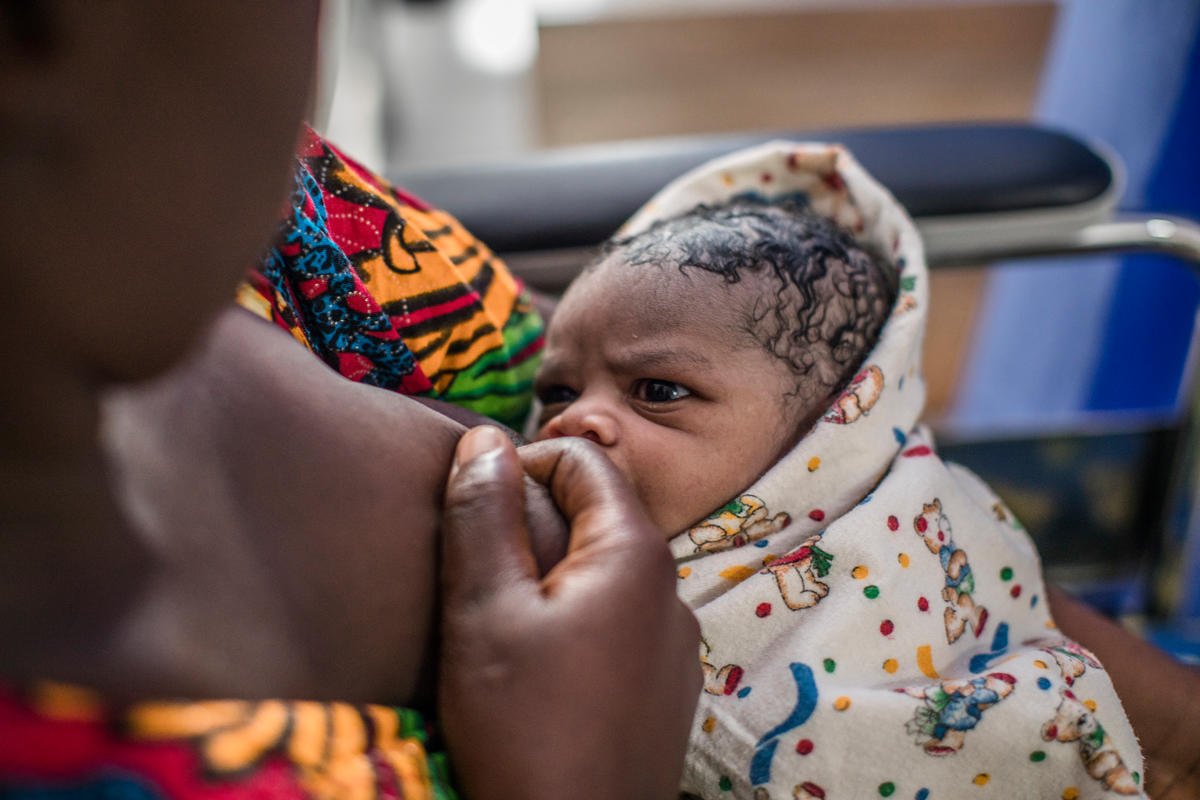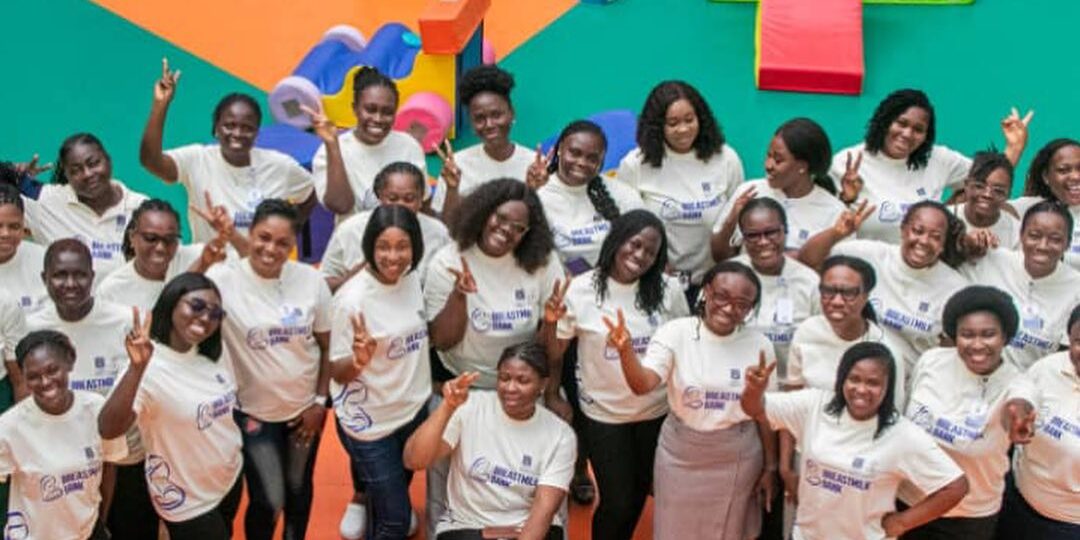Ghana Launches Its First-Ever Human Milk Bank to Support Infant Health and Nutrition
Accra, Ghana – June 12, 2025
The University of Ghana Medical Centre (UGMC), in partnership with the Indiana University School of Public Health-Bloomington, is set to launch Ghana’s first-ever Human Milk Bank on Thursday, June 12, 2025, at 9 a.m. at the UGMC MTSC Auditorium. This monumental initiative positions Ghana as the ninth country in Africa to establish a human milk bank—joining the ranks of South Africa, Kenya, and Uganda.
This first-of-its-kind program in Ghana is the culmination of years of research, partnership, and a shared commitment to addressing maternal and child health. At the heart of this initiative is Professor Cecilia Obeng, founding director of the Maternal and Child Health Care program at Indiana University’s School of Public Health-Bloomington. Drawing on over a decade of research in breastfeeding practices and maternal care, particularly in Ghana, Professor Obeng has played a central role in advancing the concept and feasibility of a milk bank in the country.
Breast milk is universally recognized as the optimal source of infant nutrition. It strengthens immunity, prevents disease, and promotes healthy development. However, many mothers face barriers that prevent them from breastfeeding exclusively, including illness, premature delivery, or loss of the mother. A human milk bank offers a life-saving alternative by collecting, screening, processing, and distributing donor milk to infants in need—especially those who are premature or critically ill.
Professor Obeng’s research has shown both promise and challenges in introducing a milk bank in Ghana. While concerns such as fears of disease transmission, religious reservations, and cultural stigma initially surfaced, the research also revealed an overwhelming 77% of women surveyed expressed willingness to donate breast milk if given the opportunity and education.

Woman breastfeeding her child
“When you do research, you want to implement its findings for the benefit of society,” Obeng stated. The upcoming launch reflects just that—transforming data into action.
The milk bank is not just a storage facility—it is a comprehensive public health initiative. It will implement a “train-the-trainer” model, equipping health professionals to educate others on breastfeeding benefits, milk handling, and donation procedures. This model ensures sustainability and regional impact by building capacity within Ghana’s healthcare workforce. Trainees include nurses at UGMC, staff from the IU Ghana Gateway, and students from Indiana University participating in an education abroad program in Ghana.
Leadership from both Ghana and Indiana has been instrumental in moving this vision forward. The project has gained strong backing from Vice Chancellor Nana Aba Appiah-Amfo, UGMC CEO Dr. Anim Boamah, Dr. Beatrice Nyann (Head of Pediatrics, UGMC), and Freedom Kolb, CEO of The Milk Bank in Indianapolis, whose expertise has shaped strategic planning. Nicole Anderson, Director of International Programs at the IU School of Public Health, is also playing a key leadership role, helping to align the milk bank with global best practices in collaboration with the Human Milk Banking Association of North America and the South African Breastmilk Reserve.
This initiative is especially urgent in the context of Ghana’s infant and neonatal mortality rates. In 2023, Ghana recorded an infant mortality rate of 30.8 deaths per 1,000 live births, and a neonatal mortality rate of 23 per 1,000 live births—figures significantly higher than global averages. Meanwhile, exclusive breastfeeding practices have declined, with more parents relying on infant formula either partially or entirely.
By providing donated human milk to vulnerable infants, the Ghana Human Milk Bank will directly address these troubling trends, ensuring more babies survive and thrive during the critical first months of life.
As FANIS, we applaud the forward-thinking approach of these partners, whose collaboration has created a model that can be replicated across other regions of the country—and the continent.
This initiative reflects the power of research-to-action, the strength of cross-continental partnerships, and the importance of nourishing every child, especially when their survival depends on it.
We remain committed to monitoring and supporting such innovations, ensuring that evidence-based nutrition solutions reach those who need them most.
– Written by Ebenezer Yamoah
Follow the Food and Nutrition Intelligence System (FANIS) channel on WhatsApp
#FANISforNutrition #HumanMilkBankGhana #UGMC #IUHealth #ChildHealth #BreastfeedingSupport #NutritionMatters #DataToAction




